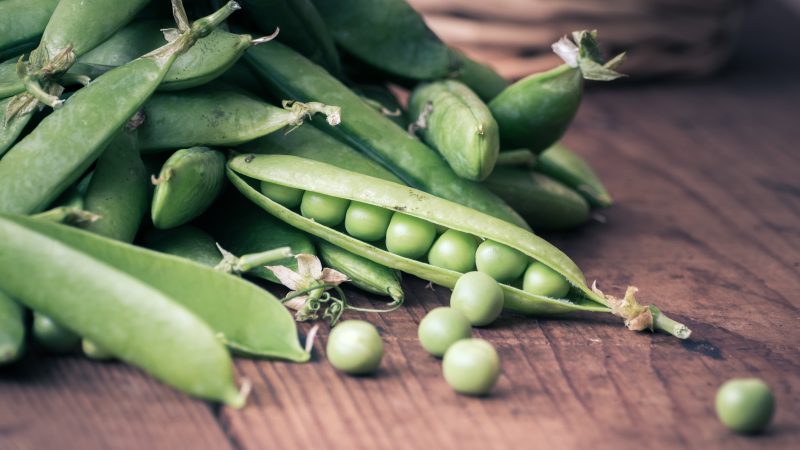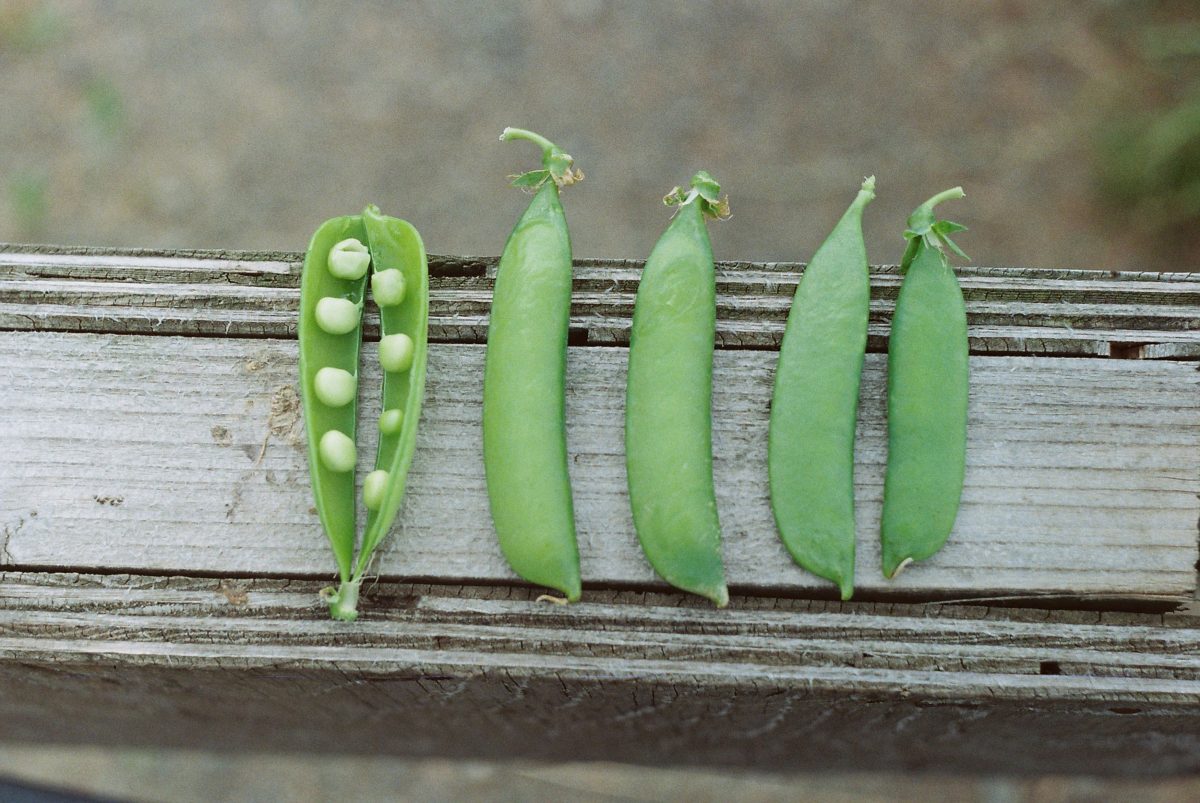New research findings from a study involving Professor Elaine Holmes, Director of the Centre for Computational and Systems Medicine at Murdoch University, and colleagues at Imperial College London, published in academic journal Nature, suggests that wrinkly peas could be a simple, natural way to prevent the blood-sugar spikes that lead to diabetes.
The study found that a naturally occurring mutant gene in smooth green peas that causes the peas’ skin to shrivel and wrinkle was also linked with significantly lower post-prandial blood sugar levels.
The reason? The peas with wrinkled skins were lower in carbohydrates but higher in resistant starch. Thus, eating a diet high in wrinkly peas and products made from wrinkly-pea flour led to less glucose being available in the small intestine, preventing the blood-sugar spikes typically linked to the onset of type 2 diabetes.
“It’s a great discovery, especially if you’re looking to reduce your risk of diabetes or to help type 2 diabetes patients control blood sugar levels,” Professor Holmes told Murdoch University media.
The study’s findings suggest that dietary interventions including wrinkly peas (or products incorporating them) could prevent diabetes onset in at-risk individuals.
Moreover, Prof. Holmes explained, “Participants with more wrinkly peas and wrinkly pea flour products in their diet displayed more stable blood sugar and healthy changes in gut bacteria, which we know are linked to long-term metabolic health benefits.”

Resistant-starch-rich food production: an emerging industry?
The findings could change not just glucose-management practices but global food production itself, Prof. Holmes contended.
“There has been a very limited understanding of how starch structure within carbohydrate-rich food interacts with our gut to control blood-glucose levels,” she said.
“Our research has established new ground to identify other natural mutations in legumes and vegetables that could provide a similar health benefit, and ultimately improve food production.”
Wrinkly peas and products using wrinkly pea flour “could replace higher carbohydrate-type ingredients used to improve how common foods are produced” and hence “could change the global landscape of public health”, Prof. Holmes said.
Read the full article in Murdoch University News.
Read the original research paper in Nature.
Source: Wrinkly peas: The new superfood I Murdoch University News

